Graham Reid | | 3 min read
Madman Across the Water

Occasionally -- out of boredom, to wind people up or simply make quick money from a book -- a writer will settle on year and proclaim it the most important in popular music.
It's an enjoyable but pointless exercise because if they chose, say, 1964 for the the excitement of the British Invasion many will immediately point out the following year was much more interesting musically with albums like the Beatles' Rubber Soul, albums and singles by the Rolling Stones, Bob Dylan and the Byrds . . .
Similarly pick that watershed punk year 1976 and most would say the post-punk years were far better. Like 1981.
And wasn't 1986 great? The year of the Beastie Boys, Cyndi Lauper, Madonna, Guns N' Roses, Prince, Queen, Run DMC . . .
Critics and the public will often be far apart in their thinking: few critics would acclaim Fleetwood Mac's Rumours as the greatest album ever released, but it has sold more than 40 million copies and recently was in our top 10 album chart, 45 years after it was released.
This being 50 years since 1972 has meant a look back at that remarkable year, sometimes through the lens of reissues.
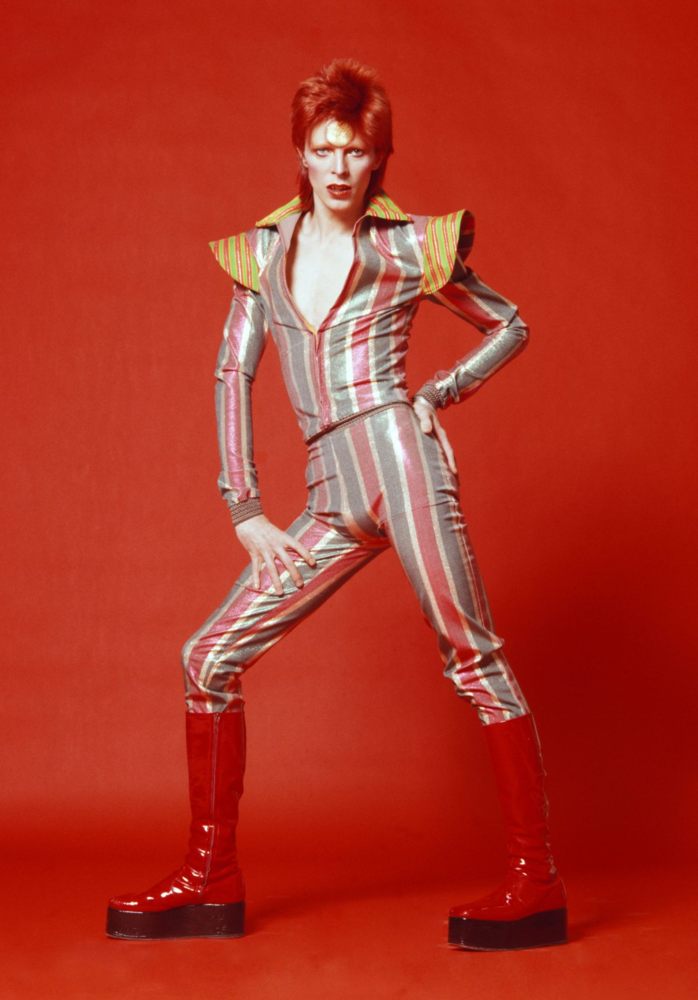 The biggest albums of 72 included Aretha Franklin's Young, Gifted and Black, David Bowie's The Rise and Fall of Ziggy Stardust and the Spiders From Mars and Elton John's Madman Across the Water which came out at the tail end of 71.
The biggest albums of 72 included Aretha Franklin's Young, Gifted and Black, David Bowie's The Rise and Fall of Ziggy Stardust and the Spiders From Mars and Elton John's Madman Across the Water which came out at the tail end of 71.
After five years of trying to find his genre and only having sporadic success, notably the Space Oddity single, Bowie settled comfortably into androgynous glam with his invention of Ziggy, the alien rockstar arriving at the end of times. This was dressing up to dance into oblivion.
It was melodramatic, camp and, importantly, the album didn't make the mistake of so many concept projects of the time. It had discrete songs and – like the Who's Tommy which had preceded it – played like a jukebox of singles.
It was dark but fun and Bowie became the living embodiment of Ziggy, to his personal cost as it turned out.
The reissued album certainly stands up today – 38 tight minutes and a story arc – as does Elton's Madman which found a new audience in 2000 when Tiny Dancer appeared on the soundtrack of Almost Famous.
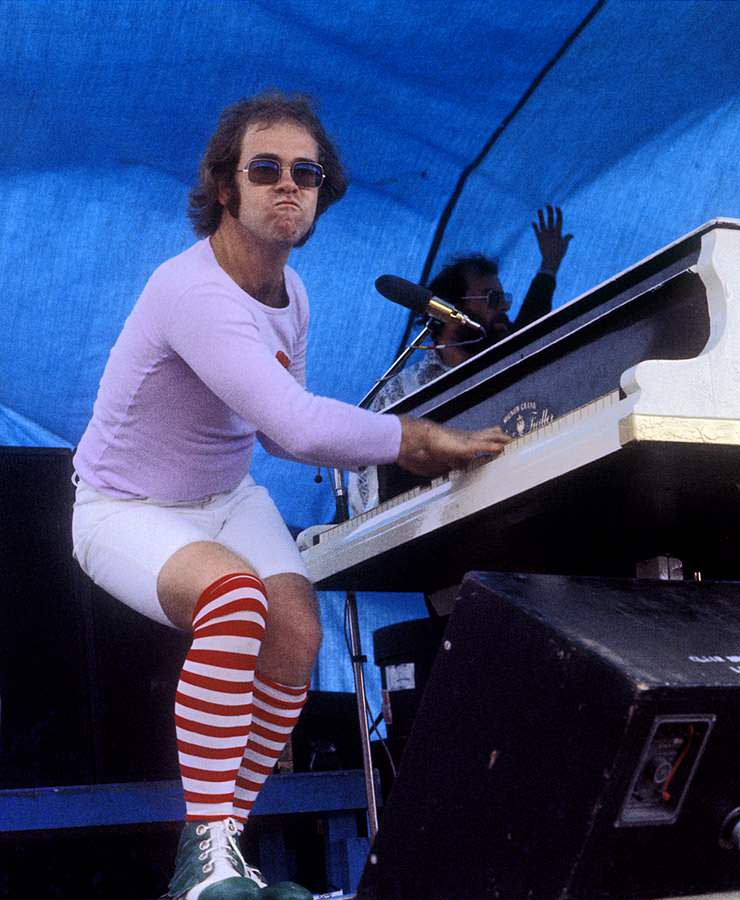 Madman again paired Elton's music with dramatic string arrangements by Paul Buckmaster who had worked with him on Tumbleweed Connection (an Essential Elsewhere album) two years previous. Some condemn the orchestral melodrama as overkill but for them the 50thanniversary reissue includes Elton's spare piano demos of the Bernie Taupin-penned songs which are uniformly strong.
Madman again paired Elton's music with dramatic string arrangements by Paul Buckmaster who had worked with him on Tumbleweed Connection (an Essential Elsewhere album) two years previous. Some condemn the orchestral melodrama as overkill but for them the 50thanniversary reissue includes Elton's spare piano demos of the Bernie Taupin-penned songs which are uniformly strong.
And there's a BBC session The lengthy jam on Rock Me When He's Gone is a lot of southern-funk fun.
(But check out this version of the title track also.)
1972 was also the year of T. Rex, Neil Young's Harvest, Jethro Tull's Thick as a Brick (a concept album or a parody of a concept album?), Curtis Mayfield's soundtrack to Super Fly, Aretha's live Amazing Grace, Neil Diamond's massive Hot August Night and the Rolling Stones' Exile on Main Street. The Eagles arrived to Take It Easy and retro-futurists Roxy Music appeared out of nowhere, their self-titled debut album released the same day as Ziggy Stardust.
In this country we seemed to run behind the circus caravan, desperately trying to jump on board.
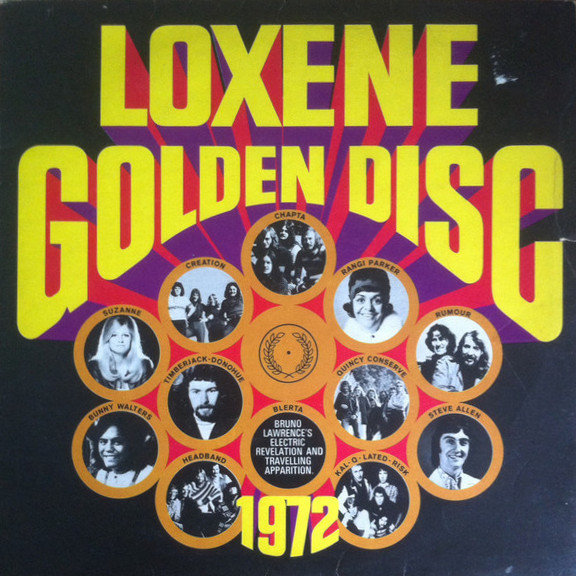 In his rock history Stranded in Paradise, John Dix refers to the early 70s as “the age of banality” when “pop had turned to pap”. The underground got heavier (Ticket), softer (Farmyard) and more cosmic (Space Farm) but mostly there were slim pickings on the home-front 50 years ago. And very little which was enduring.
In his rock history Stranded in Paradise, John Dix refers to the early 70s as “the age of banality” when “pop had turned to pap”. The underground got heavier (Ticket), softer (Farmyard) and more cosmic (Space Farm) but mostly there were slim pickings on the home-front 50 years ago. And very little which was enduring.
But internationally, was 1972 a great year in rock?
Certainly.
However the following year we got Dark Side of the Moon, the all-star Concert for Bangladesh, the Stooges' Raw Power, Bruce Springsteen, Tom Waits, Catch A Fire, Band on the Run, James Brown's The Payback, Goodbye Yellow Brick Road . . .
See? Pick a year and someone will immediately disagree.
Won't you?

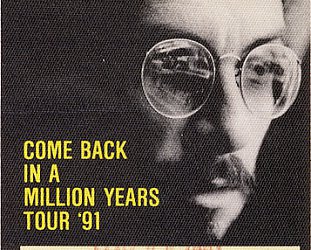


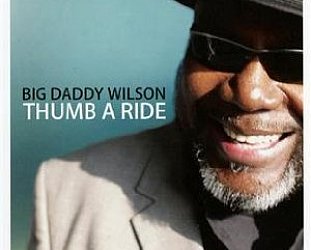
post a comment